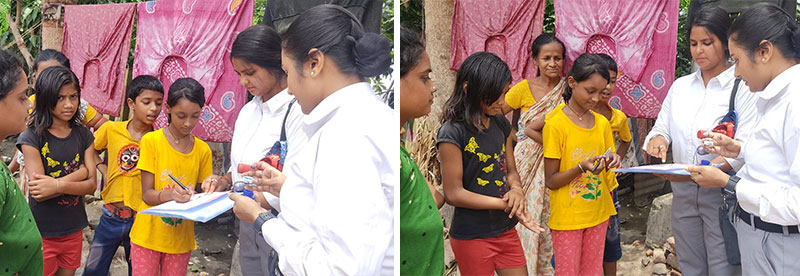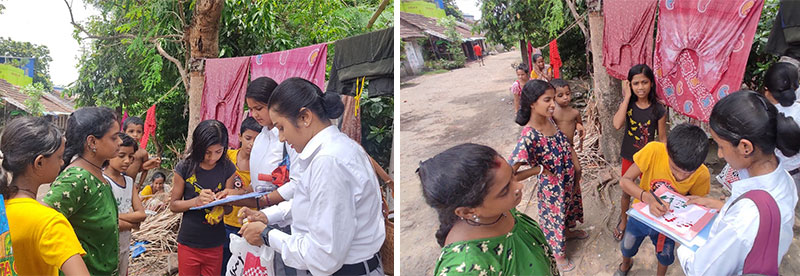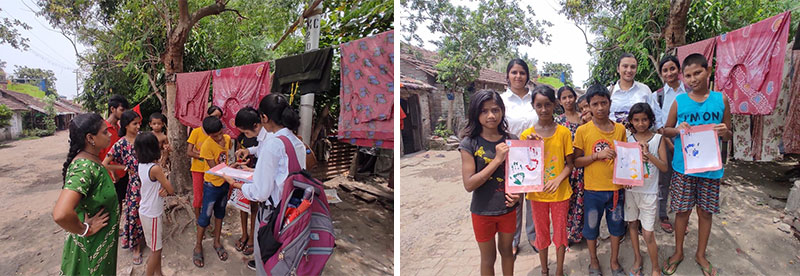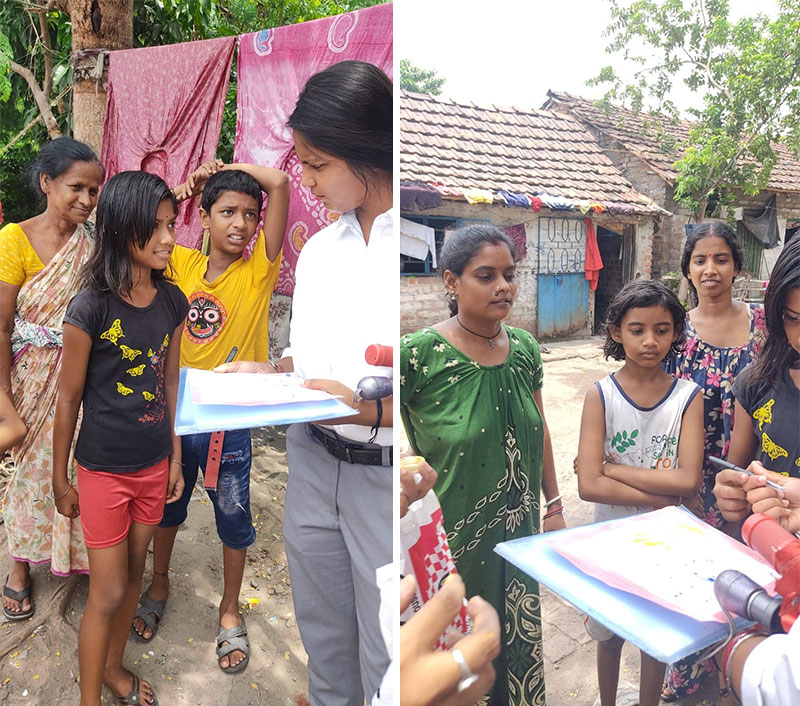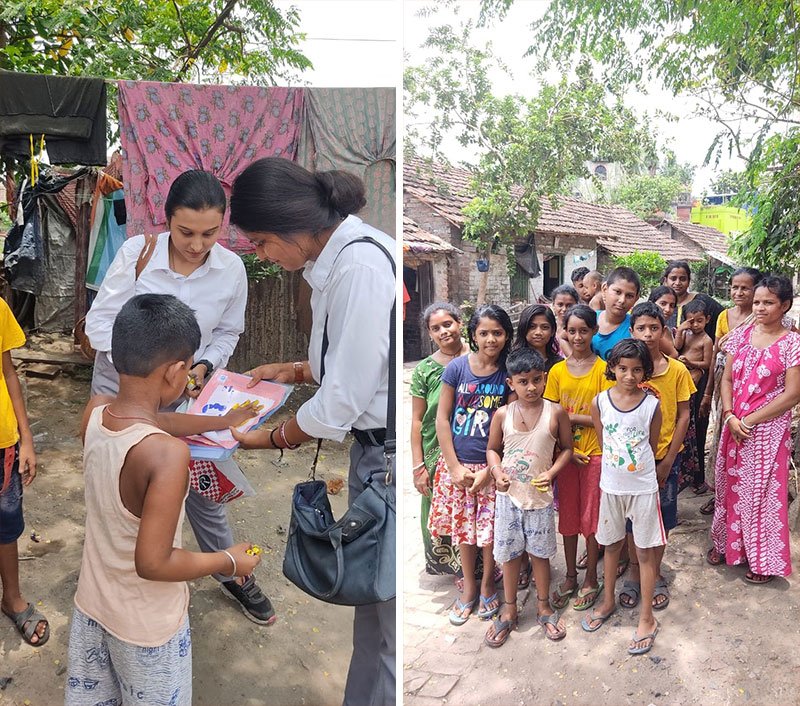
Not all work done by children should be classified as child labour that is to be targeted for elimination. The participation of children or adolescents above the minimum age for admission to employment in work that does not affect their health and personal development or interfere with their schooling, is generally regarded as being something positive. This includes activities such as assisting in a family business or earning pocket money outside school hours and during school holidays. These kinds of activities contribute to children's development and to the welfare of their families; they provide them with skills and experience, and help to prepare them to be productive members of society during their adult life.
The term "child labour" is often defined as work that deprives children of their childhood, their potential and their dignity, and that is harmful to physical and mental development. It refers to work that: is mentally, physically, socially or morally dangerous and harmful to children; and/or interferes with their schooling by: depriving them of the opportunity to attend school; obliging them to leave school prematurely; or requiring them to attempt to combine school attendance with excessively long and heavy work.
Whether or not particular forms of "work" can be called "child labour" depends on the child's age, the type and hours of work performed, the conditions under which it is performed and the objectives pursued by individual countries. The answer varies from country to country, as well as among sectors within countries.
Every year the students of MSW department of IISWBM conduct a campaign in and around Kolkata to spread awareness and enlighten people about it and its consequences.
Similarly the batch of 2022-2024 celebrated anti child labour week in the month of June. By forming groups and spread awareness in various parts of Kolkata and suburban areas. The groups spread awareness among the people of the society so that they can also encourage others.
